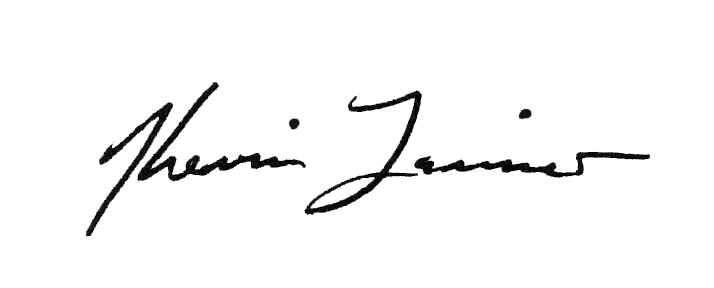Take Your Time
Certain books, if we are lucky to encounter them at just the right moment, exert a kind of emotional-intellectual-gravitational force on us. Time slows down; the mind opens up. Maybe this is what we mean when we say a work of art “speaks” to us. I was drawn to Kristen Radtke’s new graphic book of nonfiction, Seek You: A Journey Through American Loneliness, in this way, and I was similarly pulled to her essay “The Loneliness Project: My Journey Through American Loneliness”. One passage in particular resonates: “If there is one thing I can say I’ve learned to be unequivocally true in my life as a writer and a person thus far, it’s that everything takes longer than I think it will,” Radtke writes. “The beginning of a book project is all possibility, or all promise: You haven’t yet uncovered the problems you’ll spend the next several years taking apart amid the gloom of your laptop while lines slowly etch themselves across your forehead and suddenly become permanent. The slowness of writing is also its pleasure, though, because it’s where you become better. The person you are when you finish a book is a person who is smarter than the one who started it, if you’ve truly taken your time.” As an unabashedly slow reader, I have to believe this is true for the consumer as well as the producer.
This issue is filled with writing about expertly crafted and deeply felt books that took this kind of time. A remarkable case in point is Clint Smith’s How the Word Is Passed: A Reckoning With the History of Slavery Across America, which started out, you’ll learn in Destiny O. Birdsong’s profile of Smith, “How We Remember,” as an idea for a collection of poems. “Smith envisioned a book that grappled with the question, What did it mean to grow up in a place in which there were more homages to enslavers than to enslaved people?” Birdsong writes. “The idea most certainly could have worked, but soon he felt he needed more space,” and everything about the project expanded—its geographic scope, its conceptual framework, even its form, from poetry to prose. The result is a stunning book to be studied and savored with as much care as clearly went into its writing.
Eric Nguyen, whose debut novel, Things We Lost to the Water, is featured in our twenty-first annual installment of First Fiction, underscores the point: “I took the time I needed for this story to develop and mature. One of the best things I learned from this process is that writing takes time.” In writing, in reading, in life—especially in this extraordinary period of transition we are all navigating—take your own time.








